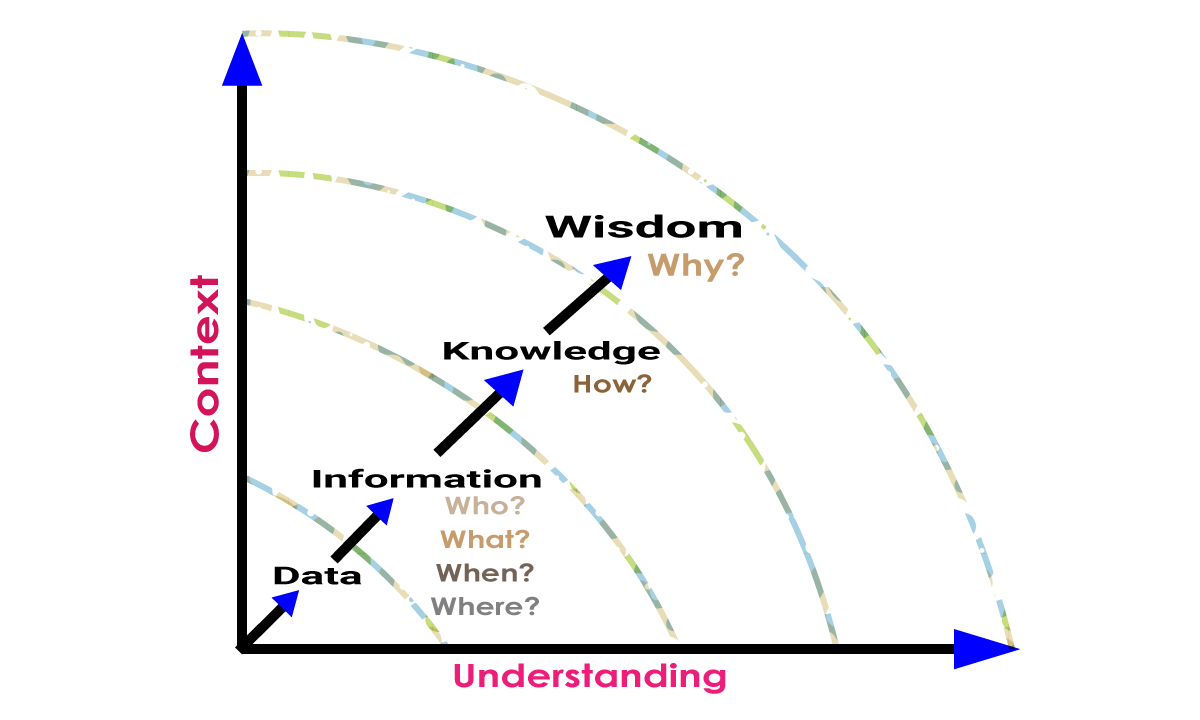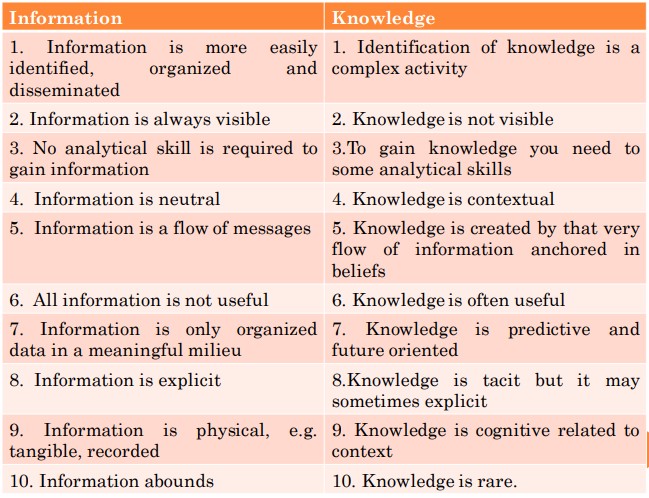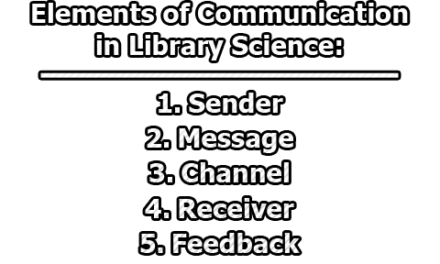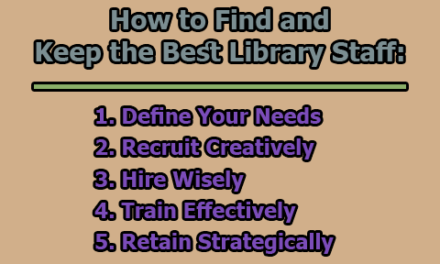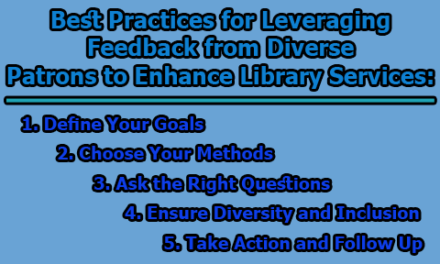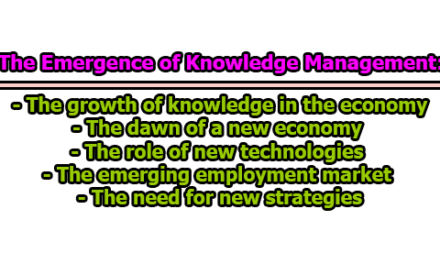DIKW Continuum
DIKW Continuum also knows as the DIKW(Data, Information, Knowledge & Wisdom) hierarchy, wisdom hierarchy, knowledge hierarchy, information hierarchy, and the data continuum. DIKW Continuum that represents how data provides the foundation of the upper levels. The continuum is composed of the following segments;
i. Data: Data is the plural form of datum. Data can be defined as any representation of facts, observation, and occurrences. Data are raw materials that have been collected from different sources and organized to produce information. viz. name, address, exam result, income, etc. Data refers to raw facts without any processing, organizing, or analysis.
Data are a set of discrete, objective facts about events. Data are symbols or a symbol, a raw fact or statement of an event without relation to other things that have not been interpreted; unprocessed information.
ii. Information: Data are raw materials – when they are processed into a meaningful output we call it information. Thus, information can be defined as those data that have been converted into a meaningful, intelligible, and useful form.
Data that are processed to be useful; provides answers to ‘who’ ‘what’ ‘where’ and ‘when’ questions. Data that are placed in a meaningful and useful context for a user; are manipulated, presented, and interpreted; and have meaning. Data become information when it is filtered via an apparatus. This information is extracted from data through perceptual and conceptual filters.
iii. Knowledge: Knowledge can be defined as the facts, skills, and understanding that one has gained, especially through learning or experience, which enhances one’s ability to evaluate context, making decisions, and taking actions.
Knowledge is the application of data and information; answers “how” questions. Knowledge is created by using the information for action. Knowledge consists of truths and beliefs, perspectives and concepts, judgments and expectations, insights, business models, methodologies, and know-how.
iv. Wisdom: Wisdom is the ability to act critically (decisively) or practically in a given situation. It is based on ethical judgment related to an individual’s belief system. It implies that the application of knowledge as contained in human judgment centered around certain criteria or values that are generally accepted by the culture and society. It created through the use of knowledge, communication of knowledge users, and reflection. Wisdom answers the questions “why” and “when” as they related to actions.
Difference Between Information and Knowledge:
Information consists of facts and data that are organized to describe a particular situation or condition. Knowledge is distinguished from information by the addition of truths, beliefs, perspectives and concepts, judgments and expectations, methodologies, and know-how. The main difference between knowledge and information is that knowledge is connected to the bearer and information can be disconnected from the bearer.
Difference Between Knowledge and Wisdom:
Knowledge is the accumulation of skills, information, and facts about something or someone learned through education or experience. It is the familiarity with different objects, ways of doing things, places, cultures, events, facts, ideas, etc. It can be theoretical or practical proficiency gained over time through education or experience by learning, observing, researching, discussing, studying, and so on.
On the other hand, wisdom is when you how to apply your knowledge, for the benefit of others. It is the quality of a person to think, act, or discern (differentiate) what is best, right, true, and enduring (lasting). It is the application of common sense, knowledge, and experience, at the right time, place, manner, and situation so as to follow the best possible course of action. It develops the ability to judge and make beneficial and productive decisions in life.
The main differences between knowledge and wisdom are discussed in detail in the given below points:
- Knowledge refers to the collection of information and facts about something or someone by learning and experience. The ability of a person to judge, apply education, and experience in practical life and make the right choices is called wisdom.
- Knowledge is your skills and studies some important subjects from your teachers. On the other hand, wisdom is your common sense and it comes from experience and moral education.
- Knowledge is nothing more than data and organized information. On the contrary, wisdom is the application of knowledge that has been accumulated in mind and it is the quality to implement knowledge into practical life.
- Knowledge is a property that you earn from yourself. Conversely, wisdom is wealth given by your family.
- People get knowledge from school, college, library and it is the result of the understanding of the particular subject, whereas where and how to use their knowledge is wisdom, it develops the judgment and reasoning ability in a person.
- Knowledge is a depth of information about something or anything. In contrast, wisdom is how to implement those knowledge into practically by your intellectual.
- When it comes to the acquisition, knowledge is acquired by obtaining information or learning about the facts by observation or education. As opposed to wisdom, which is developed in the person through the day to day experiences in life.
- Knowledge without wisdom is possible, but wisdom without knowledge is impossible.
- Knowledge can have positive or negative effects in the sense that it can be useful to people if they use it in the right way, but can also harm others if they use that knowledge in the wrong direction. Unlike wisdom which has only positive results, because it is the implementation of knowledge with an active and benevolent attitude.

Library Lecturer at Nurul Amin Degree College

